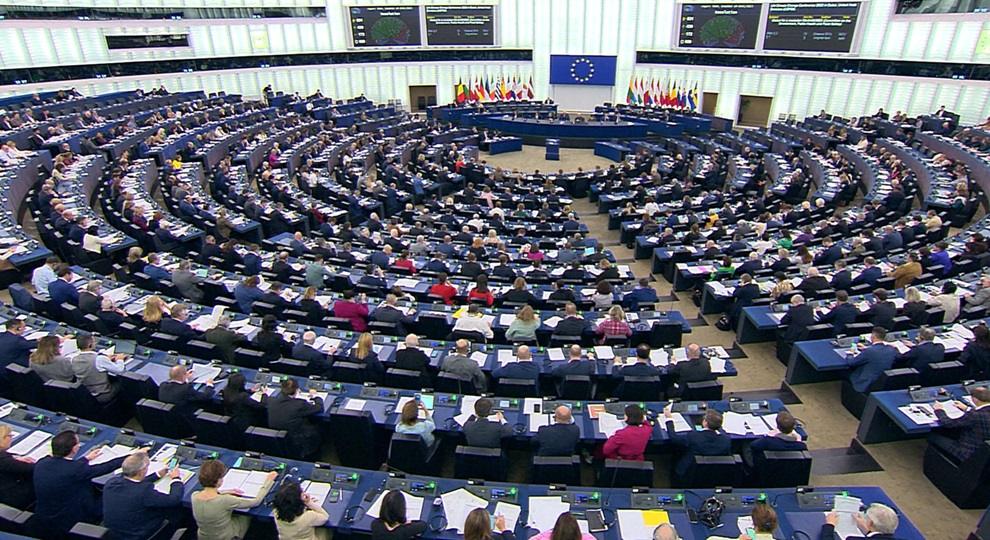Italy Joins Growing Sovereign Sustainable Finance Market With New Green Bond Framework
Italy’s Ministry of Economy and Finance (MEF) announced the publication of a new Green Bond Framework (BTP Green), enabling the issue of green bonds by the country. According to the MEF, the publication of the framework is aimed at illustrating Italy’s environmental strategy, and outlines the core mechanisms of green bond issues, including eligible use of proceeds, and monitoring the environmental impact of expenditures.
Eligible categories for expenditure under the new framework include Renewable electricity and heat, such as transitioning to a carbon neutral electricity grid, or the production of low carbon hydrogen; Energy efficiency, including smart grid investments; Transport, supporting the shift to sustainable modes of transport such as EVs and public transport; Pollution prevention and control and circular economy, including waste reduction and wastewater management, and; Protection of the environment and biological diversity.
With the publication of the new framework, Italy joins the growing number of participants in the rapidly expanding market for sovereign sustainable bonds. Germany issued its inaugural green bond in September 2020, followed by an announcement by the UK in November of plans to issue green bonds in 2021. The European Union is set to become a central region for sovereign sustainable finance, with 30% of the European Commission’s €750 billion NextGenerationEU multi-year recovery budget earmarked to be finance through green bonds, and an announcement in October that it will issue issue up to €100 billion of social bonds under the EU SURE program.
The MEF said that it has received a second party opinion on the new framework from Moody’s affiliate V.E. (formerly Vigeo Eiris). Juliette Macresy, Executive Director for Sustainable Finance at V.E., said:
“In our assessment, the bonds issued via this framework will provide a ‘robust’ contribution to sustainability. Italy has committed to conduct due diligence on the environmental contribution of the projects that it chooses to finance. The financed expenses have clear benefits in terms of climate mitigation, climate adaptation, pollution prevention and control, transition to a circular economy, the responsible management of natural resources, and the protection of ecosystems and biodiversity. Looking forward, we expect sovereign issuances to continue expanding and diversifying in order to raise capital for sustainable development activities, ranging from climate action to ongoing pandemic recovery.”





